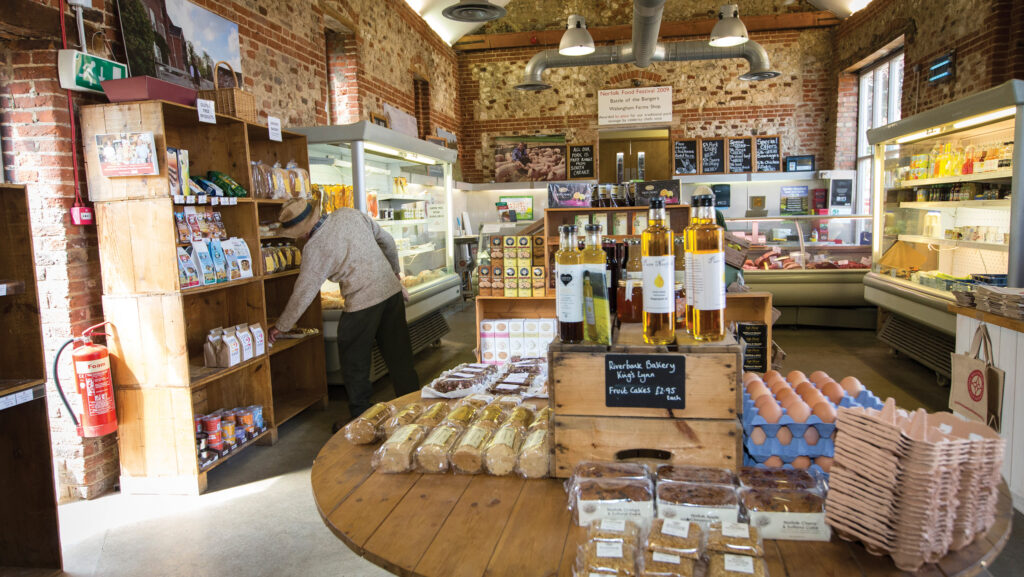Rural England Prosperity Fund for diversifications extended
 © GNP
© GNP The Rural England Prosperity Fund (REPF) has been extended for another year, with £33m available to fund projects which will improve local infrastructure or support businesses in rural areas looking to diversify.
The extension of this scheme is positive news, says Jason Beedell, rural research director for Strutt & Parker.
The REPF is available throughout England and was introduced to fill the gap left after the phasing out of the old European-funded Leader and Growth Programme and Countryside Productivity grants, which proved valuable to a wide range of rural businesses.
See also: Growers condemn end of Fruit and Veg Aid Scheme
“Although funding through the REPF has been much more limited, it is one of the only opportunities farmers currently have if they are seeking capital grants for diversification projects,” says Jason.
During previous rounds of the scheme, farms have received funding to help them develop tourism and food processing businesses.
As in previous rounds, the scheme will be delivered by local authorities. However, the exact cash allocations which each local authority will receive have yet to be announced.
Short application window
“Farmers will need to be proactive if they are to be in with a chance of getting a grant,” advises Jason. “The application windows for some local authorities were not well advertised and can be very short.
“It would be sensible to approach your local authority now to see if you can register your interest and get a sense of how your project might fit with its investment priorities.”
Defra’s overarching guidance is that projects eligible for funding from this round of the REPF will include the development of “new products, facilities or building conversions to help rural businesses diversify outside of agriculture”.
It is also looking to support the creation of rural business hubs providing shared workspace and networking opportunities for rural businesses.
The creation of new footpaths and development of local visitor trails is another possibility.
Local authorities
However, each local authority is allowed to define its own priorities within the framework laid down by Defra.
Typically, the grant will cover 40-50% of the costs of a project, although the maximum grant available can be very variable between local authorities.
“Previous rounds of the scheme have been somewhat of a postcode lottery, in terms of what projects are eligible, how much money is on offer and when,” says Jason. ”But it is worth exploring.”
Defra has also announced it will make a further £5m in funding available to go “towards the continuation of important services for rural communities”.
This will support the refurbishment of village halls, pay for Rural Housing Enablers to help bring forward sites for affordable housing and provide advice.
It will also help rural community groups that offer social inclusion activities, affordable warmth advice, and community transport.
